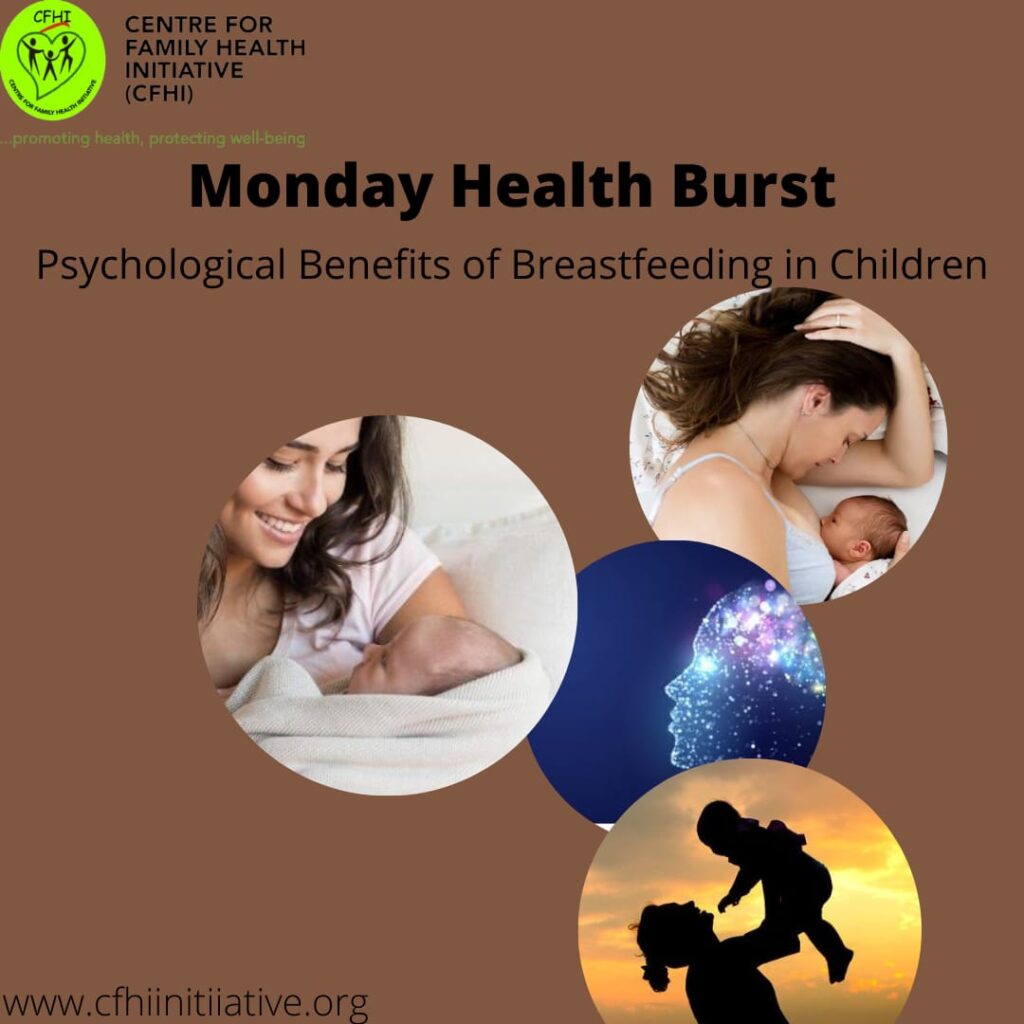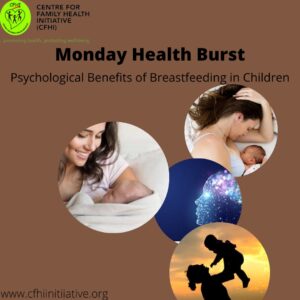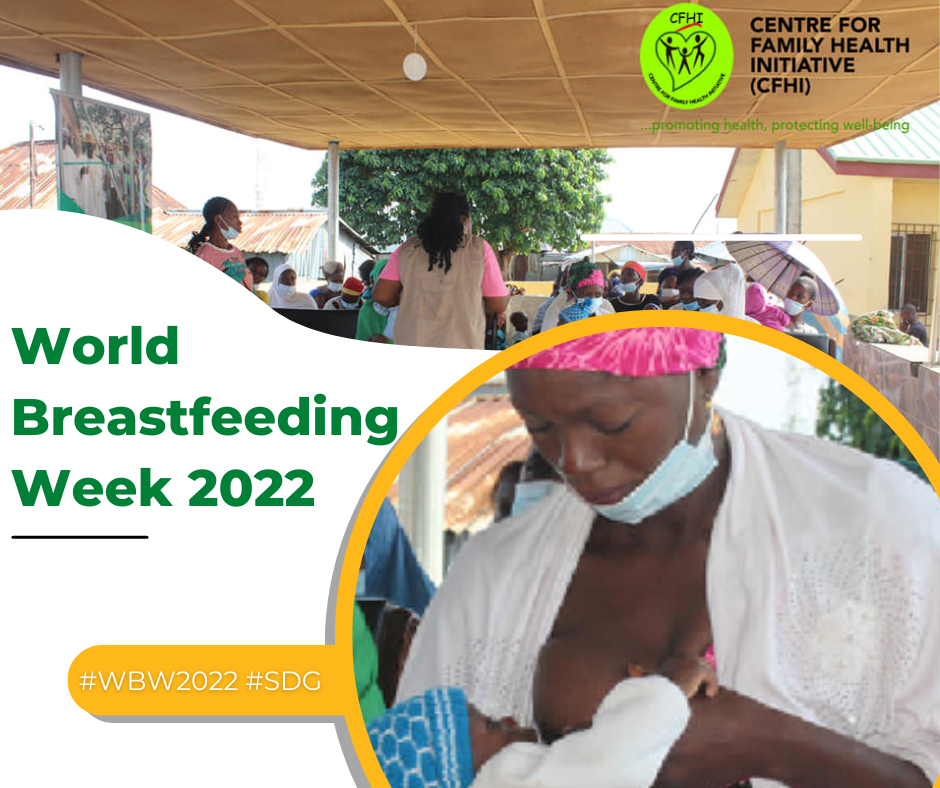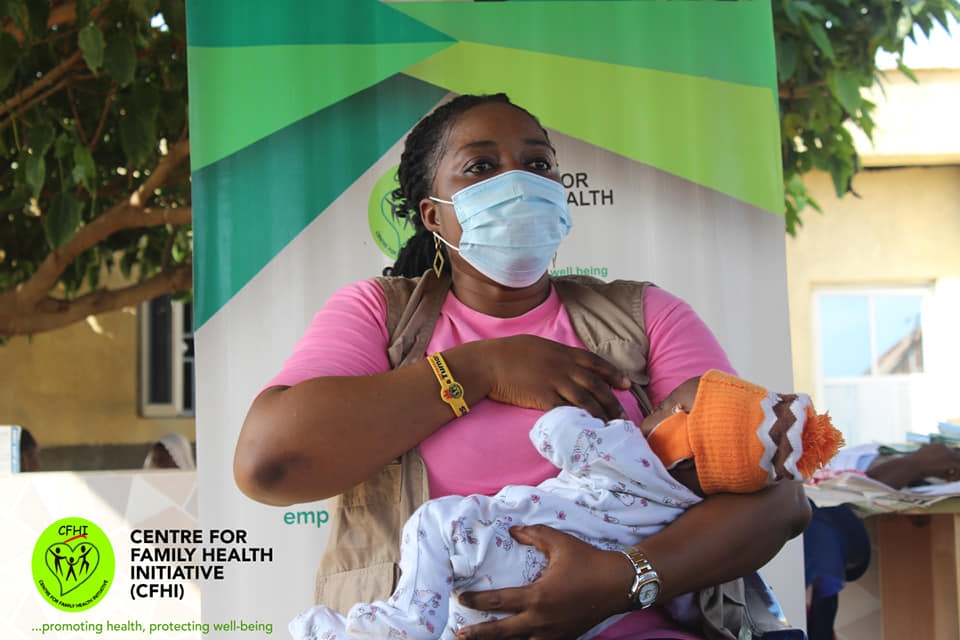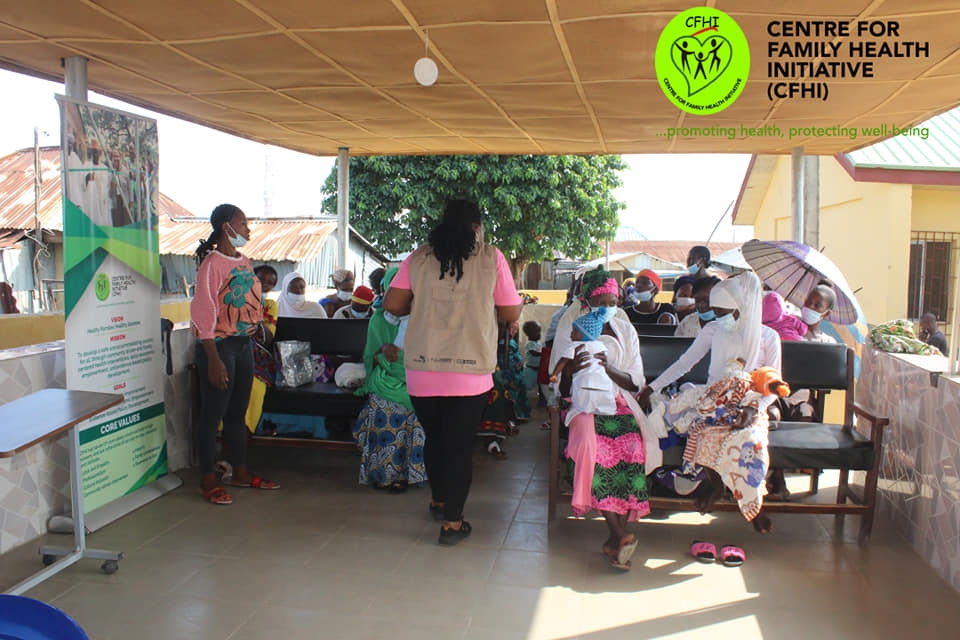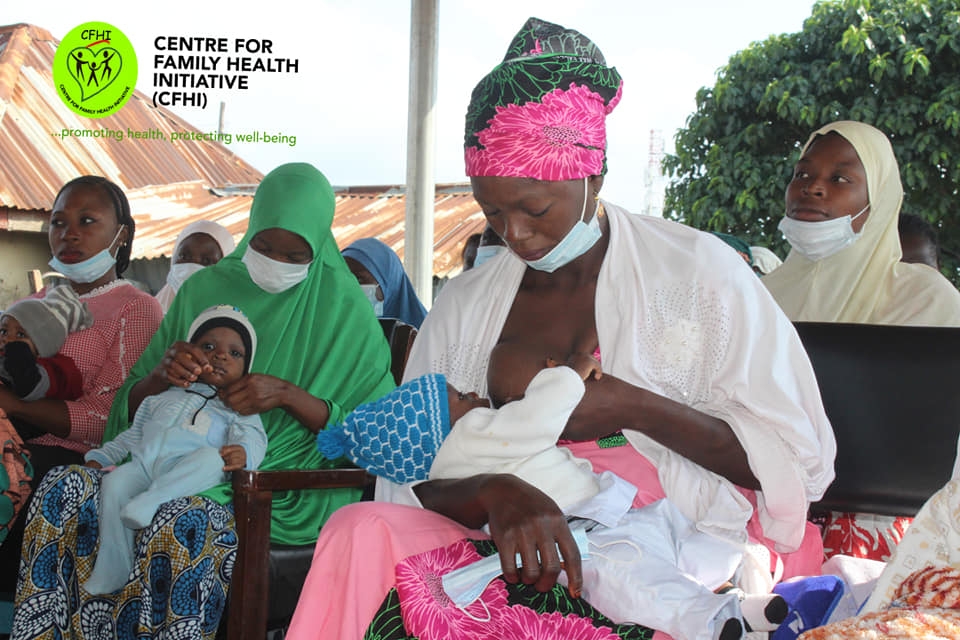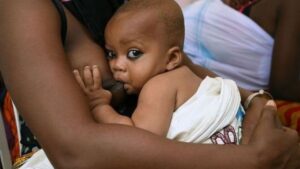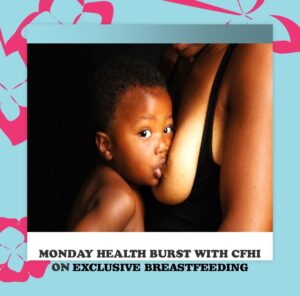MONDAY HEALTH BURST ONBENEFITS OF BREASTFEEDING FOR MOTHERS
Breastfeeding, the natural act of nourishing an infant with breast milk, has been an integral part of human history for centuries. Beyond its well-known advantages for infants, breastfeeding offers many remarkable benefits for mothers. The journey of motherhood is enriched through this bond that not only nurtures the child but also contributes to the physical and emotional well-being of the mother.
Welcome to Monday’s Health Burst! In today’s episode, we will explore the benefits of breastfeeding for mothers.
Breastfeeding offers several health benefits to mothers, including:
• Postpartum Weight Loss: Breastfeeding burns extra calories, aiding in weight loss after childbirth.
• Uterine Contraction: It helps the uterus return to its pre-pregnancy size faster by promoting uterine contractions.
• Reduced Risk of Certain Cancers: Breastfeeding has been linked to a decreased risk of breast and ovarian cancers.
• Bone Health: Women who breastfeed may have improved bone density in the years following childbirth.
• Reduced Risk of Type 2 Diabetes: Breastfeeding may lower the risk of developing type 2 diabetes later in life.
• Cardiovascular Health: It can contribute to improved heart health and reduce the risk of cardiovascular diseases.
• Emotional Well-being: Breastfeeding can enhance the release of hormones that promote maternal bonding and reduce postpartum depression.
Breastfeeding is not only a gift to the child but also a precious gift to the mother. Its physical, emotional, and psychological benefits contribute to the overall well-being of mothers during the postpartum period and beyond. The bond forged through breastfeeding enhances the mother’s self-esteem, emotional stability, and a sense of purpose while reducing the risk of various diseases and fostering a healthier lifestyle.
Monday Health Burst is an initiative of CFHI to address issues of basic health concern. Join us every Monday on all our social media platforms for more episodes.
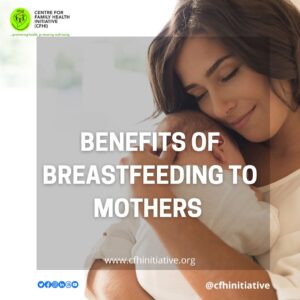
MONDAY HEALTH BURST ONBENEFITS OF BREASTFEEDING FOR MOTHERS Read More »


